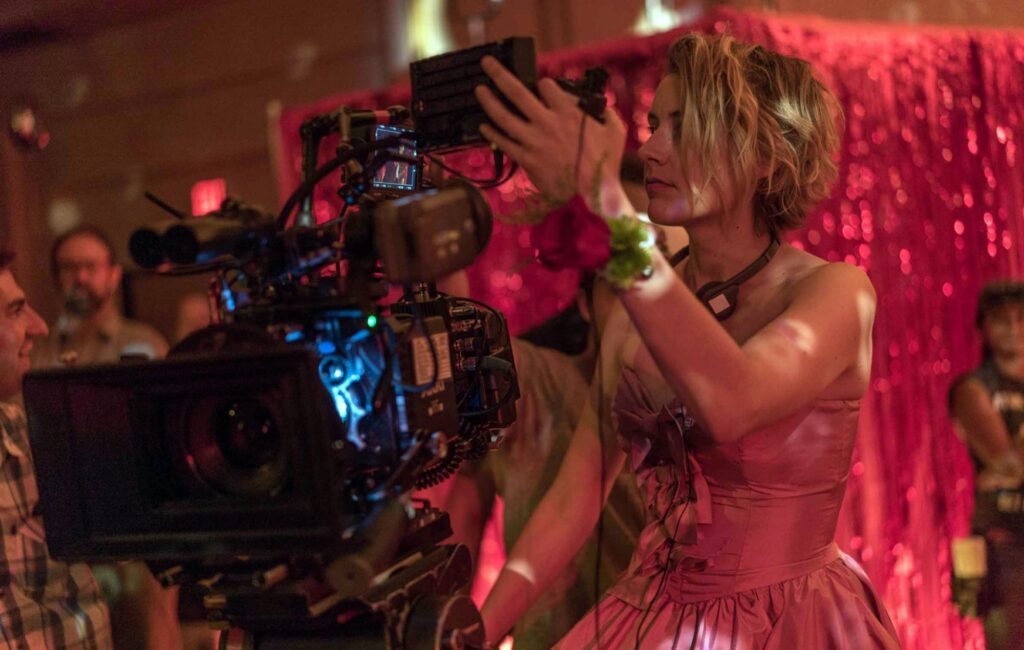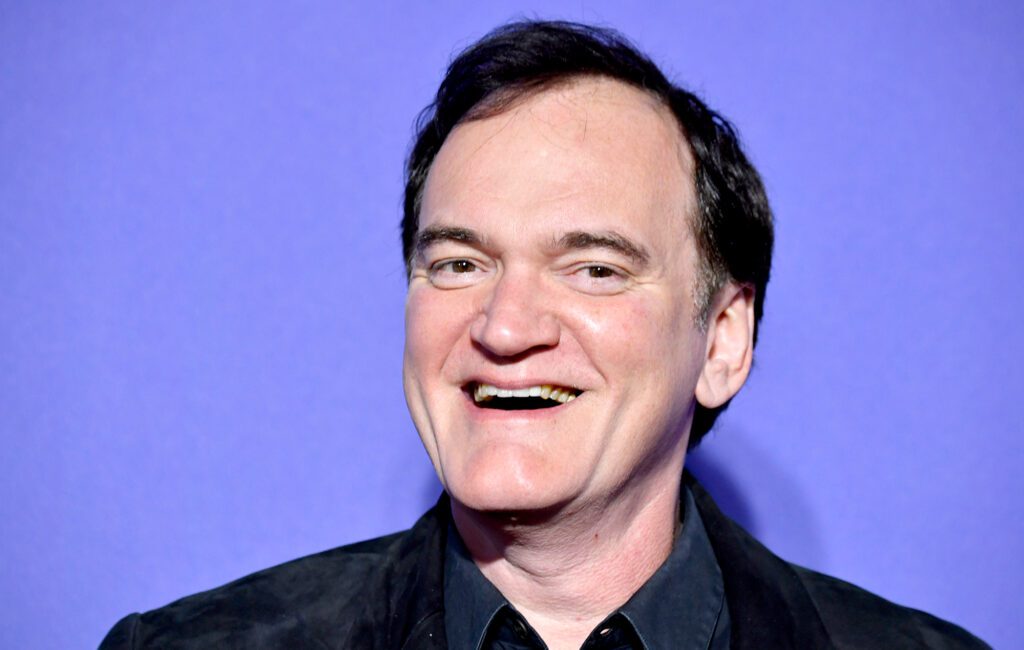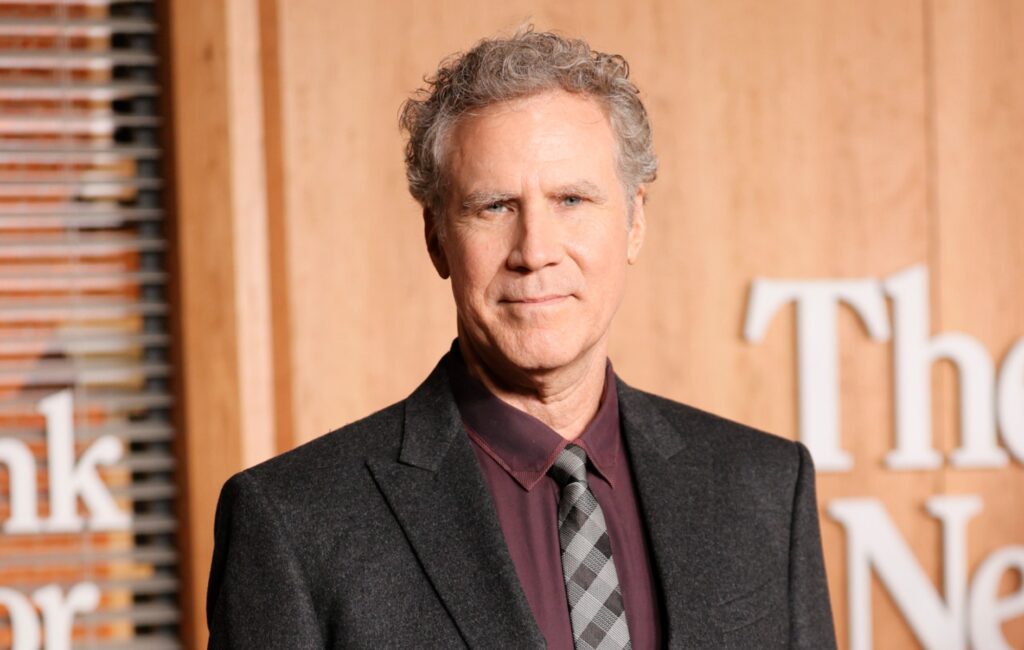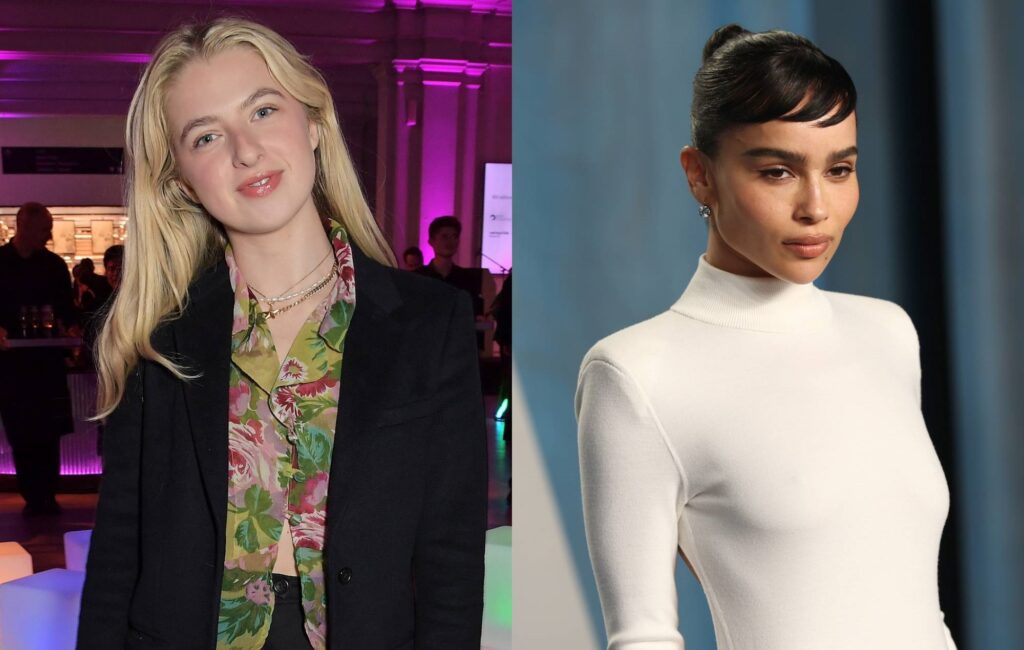New research exposes "disgraceful" gender inequality across the arts
 Posted On
Posted On
A new report has highlighted “disgraceful” gender inequalities across theatre, film and television.
- READ MORE: Where are all the female headliners? Festival bookers, bands and fans weigh in on how to change the narrative
The Women in Theatre Forum Report gathered research from several organisations and revealed vast levels of gender inequality across the arts ranging from a lack of leadership roles to pay disparity and bullying.
The report said the lack of underrepresentation in the arts should be “taken seriously” and urged the government’s Cultural Renewal Taskforce and Arts Council England to address the disparity urgently.
One part of the report highlighted that “zero leadership positions are occupied by women” whilst another highlighted the extent to which women are forced to turn down work in theatre, film and television due to caring responsibilities.
Elsewhere, the report revealed that only 16 per cent of working filmmakers are female and only 14 per cent of prime-time television is written by women. Women also reported feeling pressured to “look a certain way” as well as experiencing pay disparity compared to male colleagues. Another part of the report revealed how women were also experiencing bullying as well as inappropriate physical intimacy in the workplace.
One of the organisations involved in collating the report include Sphinx Theatre. Their artistic director, Sue Parrish, called the gender imbalance “disgraceful”.
Parrish said to The Guardian: “They could be seizing the opportunity for new pathways to be set and to represent all of culture and society, but they have failed. It’s astonishing a government taskforce could be so behind the curve and we will certainly be pursuing them.”
Actor and President of Equity Maureen Beattie added: “I started at Equity in 1971 and I’m fighting the same battles now as I faced then. It is endemic that women are under more scrutiny and are seen as not quite as good. It’s the same sexism. It has improved but it hasn’t gone away.
“If people ignore this now then I don’t know what we are going to do next. We are subjected to lots of nodding and smiling but it leads to nothing. We need action.”
A spokesperson for the Department of Digital, Culture, Media and Sport said: “We are completely committed to ensuring a diverse and inclusive cultural sector and have been speaking with women from a broad range of cultural organisations throughout the pandemic to help understand the impact on the industry.”


